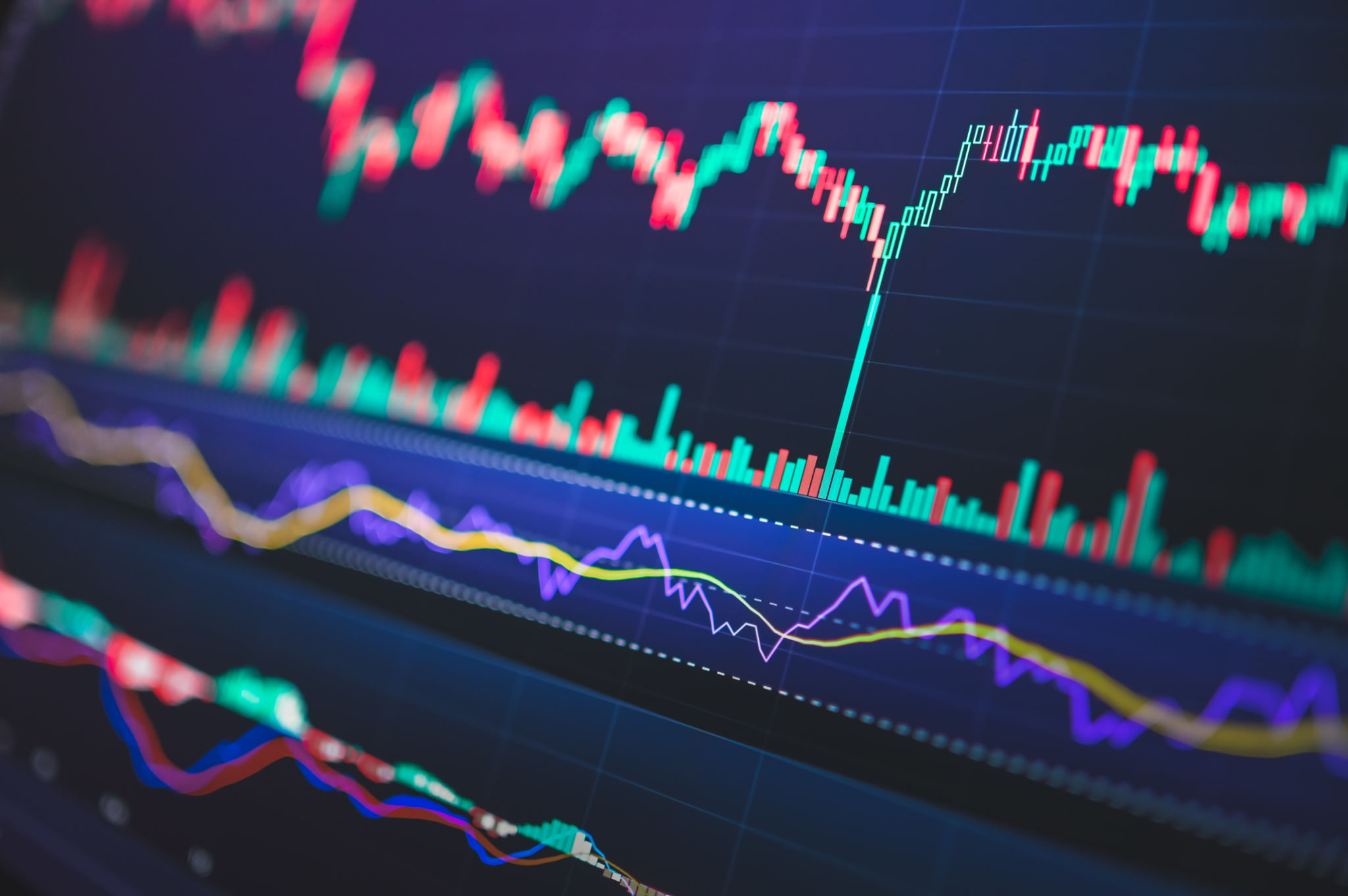Predictive Analytics: The Key to Proactive Business Decisions
Understanding Predictive Analytics
In today's fast-paced business landscape, making informed decisions is crucial for staying competitive. **Predictive analytics** has emerged as a powerful tool, allowing businesses to not only react to current trends but also anticipate future developments. By leveraging historical data and advanced algorithms, predictive analytics helps organizations forecast outcomes and make proactive business decisions.

Predictive analytics involves a variety of techniques from statistics, data mining, and machine learning to analyze current and historical data and make predictions about future events. This approach enables businesses to identify potential opportunities and risks, optimizing decision-making processes across various sectors.
The Role of Data in Predictive Analytics
Data is the lifeblood of predictive analytics. By collecting and analyzing vast amounts of data, businesses can gain insights into patterns and trends that might have otherwise gone unnoticed. This data-driven approach allows for more accurate predictions, helping companies to allocate resources efficiently, improve customer experiences, and enhance operational efficiency.

Additionally, data quality plays a significant role in the effectiveness of predictive analytics. Clean, well-structured data ensures that predictive models are accurate, reliable, and capable of delivering actionable insights. Businesses must invest in robust data management systems to maintain the integrity and quality of their data.
Practical Applications of Predictive Analytics
Predictive analytics is transforming various industries by enabling smarter decision-making processes. Here are a few examples:
- Retail: Retailers use predictive analytics to forecast demand, optimize pricing strategies, and personalize customer experiences.
- Healthcare: In healthcare, predictive models can anticipate patient outcomes, improve diagnosis accuracy, and streamline resource allocation.
- Finance: Financial institutions utilize predictive analytics to assess credit risk, detect fraud, and enhance investment strategies.

Benefits of Predictive Analytics for Businesses
The benefits of implementing predictive analytics are substantial. By providing foresight into market trends and consumer behavior, businesses can:
- Enhance efficiency: Streamline operations by predicting demand and optimizing supply chain processes.
- Increase profitability: Identify new revenue streams and minimize risks associated with business decisions.
- Improve customer satisfaction: Deliver personalized experiences by anticipating customer needs and preferences.
Moreover, predictive analytics empowers companies to stay ahead of the competition by anticipating changes in the market before they occur. This proactive approach allows businesses to adapt strategies and maintain a competitive edge.
Challenges in Implementing Predictive Analytics
Despite its many advantages, implementing predictive analytics is not without challenges. Businesses must overcome barriers such as data privacy concerns, integration with existing systems, and the need for skilled professionals capable of interpreting complex data models. Addressing these challenges requires strategic planning and investment in technology and talent development.
Moreover, businesses must ensure that their predictive models remain adaptable to changes in data patterns and evolving market conditions. Continuous monitoring and updating of these models are essential for maintaining their accuracy and relevance.
The Future of Predictive Analytics
The future of predictive analytics looks promising as technology continues to advance. With the integration of artificial intelligence (AI) and machine learning, predictive models are becoming more sophisticated and accurate. As businesses become more data-driven, the demand for predictive analytics solutions will continue to rise.

Ultimately, predictive analytics is a game-changer for businesses looking to make proactive decisions. By harnessing the power of data and embracing cutting-edge technology, organizations can unlock new opportunities, drive innovation, and secure their place in an ever-evolving marketplace.